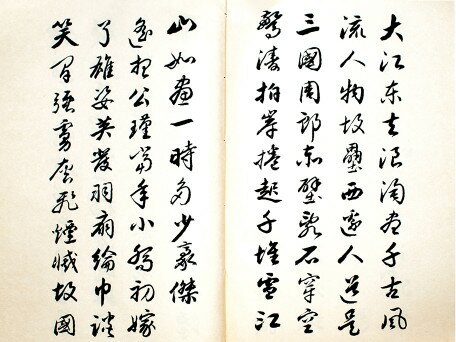Executive Functions in Writing from Cross-Linguistic Sources among College Students
- 项目计划:
- 优配研究金
- 项目年份:
- 2023/24
- 项目负责人:
- 廖先博士
- (中国语言学系)

Not only will it reveal the effects of important cognitive skills (i.e., EF) on complex literacy skills such as WFCS, it will also enrich our knowledge about tertiary students’ translanguaging writing practices.
Writing from sources (WFS) is a crucial ability that university students must acquire in order to gain new knowledge and achieve academic success. Contextualized in the unique background of Hong Kong, where biliteracy and trilingualism are valued, students are expected to select, organize, and connect information from cross-linguistic sources in writing activities using their both L1 (Chinese) and L2 (English) skills. Since previous studies on WFS were seldom conducted in bilingual contexts thus it is less clear on students’process in writing from cross-linguistic sources (WFCS) and related factors influencing students’ performance. The process of WFCS is essentially complicated as it involves multiple perspectives, multimodality, and translanguaging; thus, the ability to regulate various linguistic and cognitive skills directed to a specific goal—namely, executive function (EF)—is vitally important throughout the perplexing process of writing. Although growing literature has indicated that EF is a significant predictor accounting for students’ individual differences in literacy learning, its role in WFCS has not been studied. Under such a circumstance, this study aims to fulfill an important research gap in the bilingualism research by investigating the effect of EF on students’ performance in WFCS tasks. An explanatory sequential mixed-methods design will be adopted. A total of 150 undergraduates (year 1 or year 2) will be recruited for a quantitative study to complete a battery of tests, including three EF tests, two computerized WFCS tasks (i.e., write essay in Chinese and English respectively based on materials delivered in both Chinese and English) and tests for controlling variables (e.g., prior knowledge and typing speed). The data collected will be analysed and modeled using SPSS and Mplus. In qualitative session, an additional sample of 20 students will be invited to attend a think-aloud and a stimulated recall interview session. The qualitative data will be used to triangulate the quantitative findings to gain a full understanding of students’writing process and its relationship with EF. The proposed study has important theoretical and educational implications. Not only will it reveal the effects of important cognitive skills (i.e., EF) on complex literacy skills such as WFCS, it will also enrich our knowledge about tertiary students’ translanguaging writing practices. Furthermore, the innovative research findings will have valuable implications for current literacy pedagogies in Hong Kong, with its anticipated shift from monolingualism to multilingualism. More importantly, the empirical evidence will provide reference for other countries or regions and inject new ideas into multilingual education.








